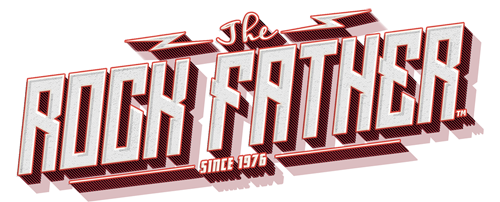The intersection of auto repair, sustainability, and settlement processes is a unique domain within the vehicular industry. With technological advances and environmentally conscious practices, there is a significant evolution shaping the future of automotive repairs. Policymakers, consumers, and businesses are increasingly focusing on implementing sustainable practices while managing settlements efficiently. This collaborative effort is paving the way for a more eco-friendly and economically viable future. In the upcoming sections, we delve into interesting facets of this dynamic industry.
One aspect of sustainable auto repair is the emerging trends within the auto glass replacement sector. According to The Business Research Company, the market for auto glass replacement is set to expand substantially, reaching over $54 billion by 2028. This growth illustrates the increased demand for innovative repair solutions, which aim to extend the life of vehicles while minimizing their environmental impact. The importance of recycling and reusing materials efficiently is essential to achieving this balance. As such, this market expansion reflects a significant shift towards sustainable practices in repair industries.
Meanwhile, the settlement process in the automotive industry is largely efficient. Around 95% of car accident claims reach a resolution before going to trial, highlighting the effectiveness of current settlement mechanisms. Efficient settlements allow parties to save both time and resources, which is a crucial consideration for all involved. This pretrial resolution rate indicates a maturity within the settlement processes, fostering a climate of cooperation and quick resolution. Consequently, this efficiency also indirectly supports sustainable practices by reducing the need for additional legal and logistical resources.
Sustainable Practices in Auto Repair
In the realm of auto repair, sustainability is evolving from a buzzword to a standard practice. Eco-conscious practices in auto repair not only benefit the environment but also inspire technological innovations in vehicle maintenance. One noteworthy practice involves recycling car batteries, which can conserve up to 90% of the energy and reduce greenhouse emissions significantly, according to House Grail. By reusing these components, repair shops contribute to a circular economy, minimizing waste and energy consumption. Such practices are becoming more crucial as the environmental impact of the automotive industry comes under greater scrutiny.
Another significant sustainable repair practice is the refurbishing of auto glass. Advanced techniques in glass recycling and repair are becoming more commonplace, aided by the growing importance of sustainable solutions. This is in alignment with the predicted growth in the auto glass replacement market, which emphasizes the crucial role of innovation. Repairing rather than replacing glass components can drastically reduce material waste and resource consumption. Thus, practices such as these demonstrate the intricate balance between service quality, safety, and environmental responsibility in modern vehicle maintenance.
The urgency for sustainable repair solutions underscores a larger movement within the industry. Growth in this sector also opens new avenues for employment, training, and community engagement, aligning with global sustainability goals. For auto repair facilities, adapting to sustainable practices represents not only a commitment to the environment but also a unique opportunity to gain a competitive advantage. Those who embrace these practices proactively are likely to lead the market in the coming years. Therefore, fostering sustainability in the auto repair industry is an essential component of its long-term viability.
Efficiency in Settlements
The auto repair industry is also defined by its efficiency in handling settlements. The impressive rate of pretrial settlements in car accident claims demonstrates a robust framework for dispute resolution. This efficiency is vital as it reduces the burden on the judicial system, allowing for faster resolution of cases. Settling claims swiftly is important not only for involved parties but also for reducing associated costs and resource expenditures. As such, the high rate of pretrial settlements is a testament to the effective practices within the industry.
Furthermore, streamlined settlement processes enhance customer satisfaction, which is pivotal for client retention and reputation within the competitive vehicular domain. Quick and efficient settlements help both consumers and businesses save valuable time and resources. This is particularly true for instances where claims can be complex and time-consuming if taken to court. Thorough understanding and timely resolution of claims enable repair shops to focus more on delivering quality services and less on administrative hurdles. Consequently, this efficiency indirectly sustains businesses and promotes their growth.





